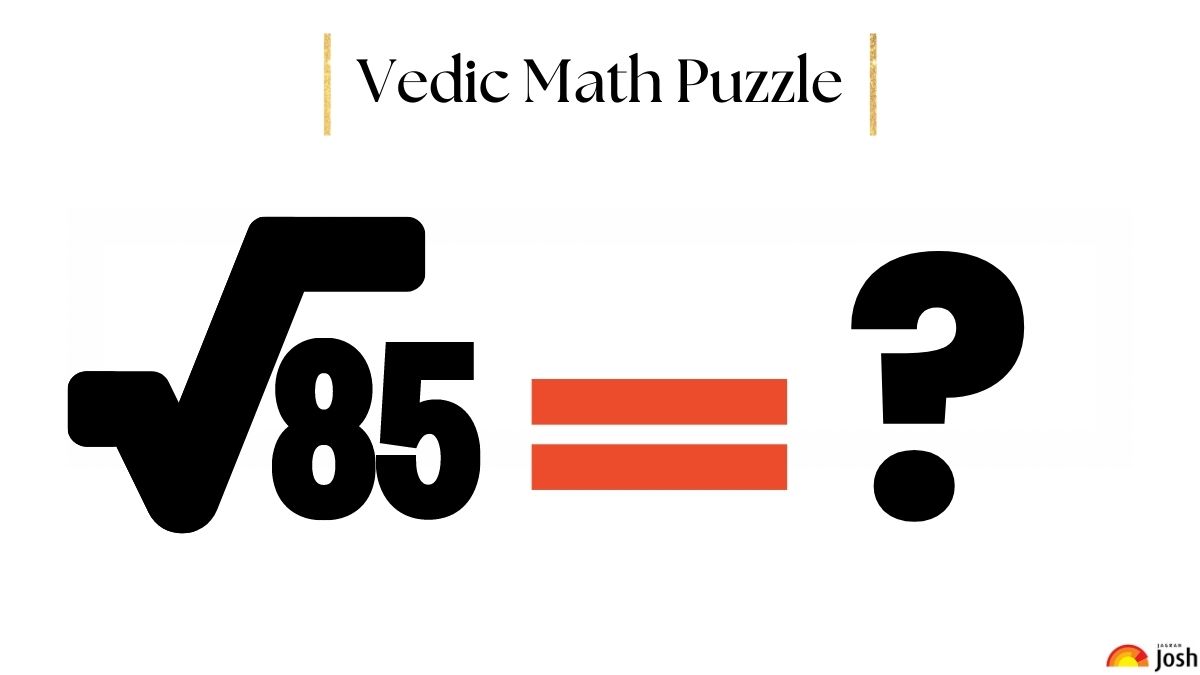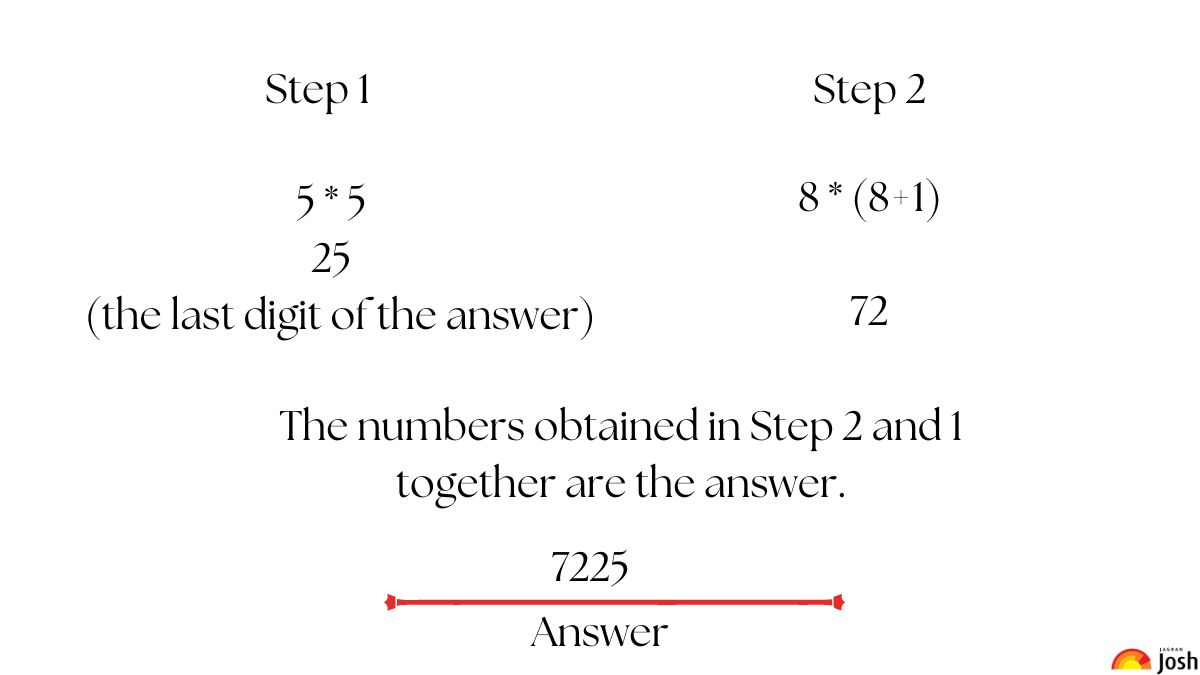Vedic Math Puzzle: Vedic math puzzles are a fascinating component of Indian mathematics that can improve mathematical abilities while offering a fun and difficult experience. By working on these puzzles, one can develop their ability to mentally calculate, problem-solve, and develop a deeper understanding of mathematics. Now, without wasting any time, look for the equation below:

Do You Think You Will Be Able To Solve?
Don’t Say It’s Not Your Cup Of Tea!
Learn About Vedic Math Below…
How does Vedic Math work?
The Vedas, India's ancient scriptures, are the source of the ancient mathematical system known as Vedic mathematics. Vedic math puzzles demand analytical thinking, pattern recognition, and logical reasoning in order to be solved. These puzzles frequently present difficulties that force students to deconstruct complicated issues into simpler parts, motivating them to create innovative problem-solving techniques. People can develop their analytical and logical thinking abilities, which are crucial in both mathematics and a variety of real-life situations, by working on Vedic math problems.
Hey Genius…
You are Losing…
Your time…
These puzzles frequently present difficulties that force students to deconstruct complicated issues into simpler parts, motivating them to create innovative problem-solving techniques. People can develop their analytical and logical thinking abilities, which are crucial in both mathematics and a variety of real-life situations, by working on Vedic math problems.
Tick…
Tock…
Tick…

Understand the steps here:
Step 1: Multiply the last digit of Multiplicand and Multiplier.
5x5 = 25 (the answer will always end with 25)
Step 2: Multiple the first digit of the two-digit number by (the first+1).
8x(8+1)
8x9= 72
Therefore, the correct answer is 7225
…
Learning mathematics can occasionally be seen as intimidating or difficult, which causes learners to lose confidence and interest. Vedic math puzzles provide a novel and entertaining method to interact with mathematics. As people complete these puzzles effectively and see their own development, their confidence in their mathematical prowess grows. This increased self-assurance can result in a favourable attitude towards mathematics and a higher desire to experiment and learn more.
Comments
All Comments (0)
Join the conversation